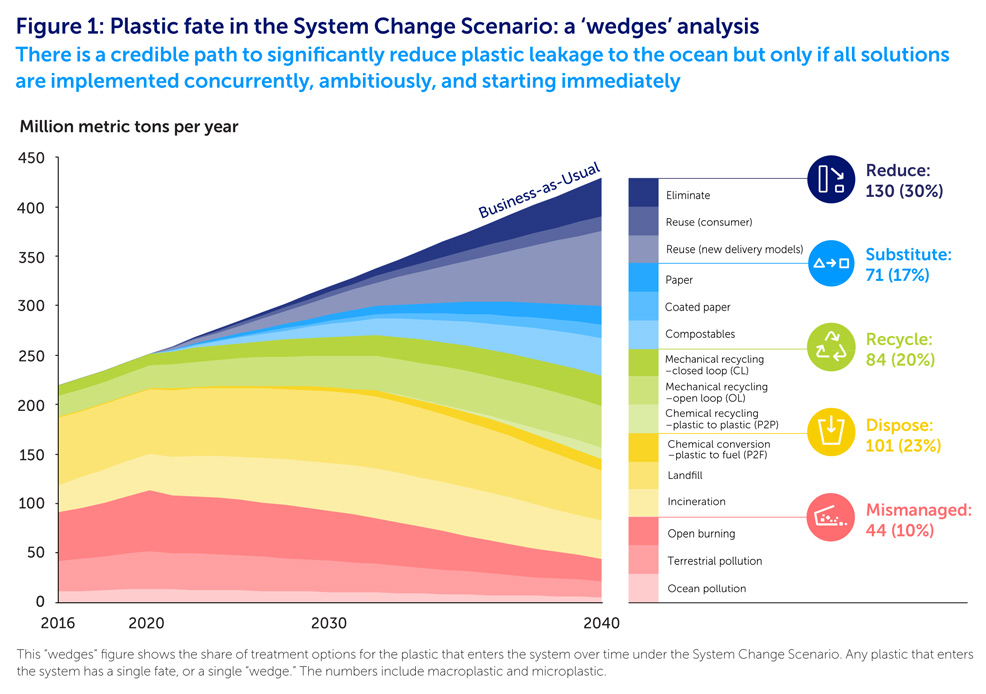Industry leaders in the Arabian Gulf are setting their sights on a future where plastic is no longer a source of environmental pollution but a valuable resource circulating within a closed-loop system. This ambitious goal, termed the "circular plastics economy, " was the central theme of the recent 13th annual Gulf Petrochemicals and Chemicals Association (GPCA) Plastics Conference.
The conference highlighted a growing recognition among Gulf industry leaders that the traditional linear model of plastic production, use, and disposal is unsustainable. Currently, less than 10% of plastic globally is recycled, leading to plastic waste accumulating in landfills and oceans. The circular economy approach aims to keep plastics in use for as long as possible by designing products for recyclability, investing in advanced recycling technologies, and fostering collaboration between all stakeholders in the plastics value chain.
A key area of focus is Design for Recycling (DfR). By incorporating recyclability considerations at the design stage, such as using compatible materials and avoiding complex structures, the plastic industry can significantly improve the efficiency and cost-effectiveness of recycling processes. The conference featured discussions on the latest advancements in DfR principles and how they can be implemented across a wide range of plastic products.
Investment in new recycling technologies is another crucial element of the circular plastics economy. Advanced recycling techniques such as chemical recycling can break down plastic waste into its basic building blocks, enabling the creation of virgin-quality plastic from recycled materials. Several conference participants announced plans to invest in advanced recycling facilities, underscoring the industry's commitment to closing the loop on plastic waste.
Collaboration between stakeholders across the plastics value chain is essential for achieving a circular economy. This includes producers, brand owners, retailers, waste collectors, and recyclers. The conference emphasized the need for open communication and joint initiatives to ensure a smooth transition to a circular system. For instance, collaboration between producers and brand owners can lead to the development of standardized labeling systems that clearly communicate recyclability information to consumers.
The shift towards a circular plastics economy presents significant economic opportunities for the Gulf region. A report released at the conference estimates that the global circular plastics economy could generate up to $4. 5 trillion in economic benefits by 2030. By embracing circularity, Gulf petrochemical companies can position themselves as leaders in sustainable plastics production and capture a significant share of this growing market.
However, transitioning to a circular plastics economy also presents challenges. Developing and deploying new recycling technologies requires substantial investment. Recycled plastic can sometimes be more expensive to produce than virgin plastic, making it less competitive in the market. Additionally, a lack of clear and standardized regulations can hinder progress.
The GPCA conference acknowledged these challenges but expressed confidence that they can be overcome through collaborative efforts. By working together, industry leaders, policymakers, and consumers can create a sustainable future for plastics in the Gulf region and beyond.

